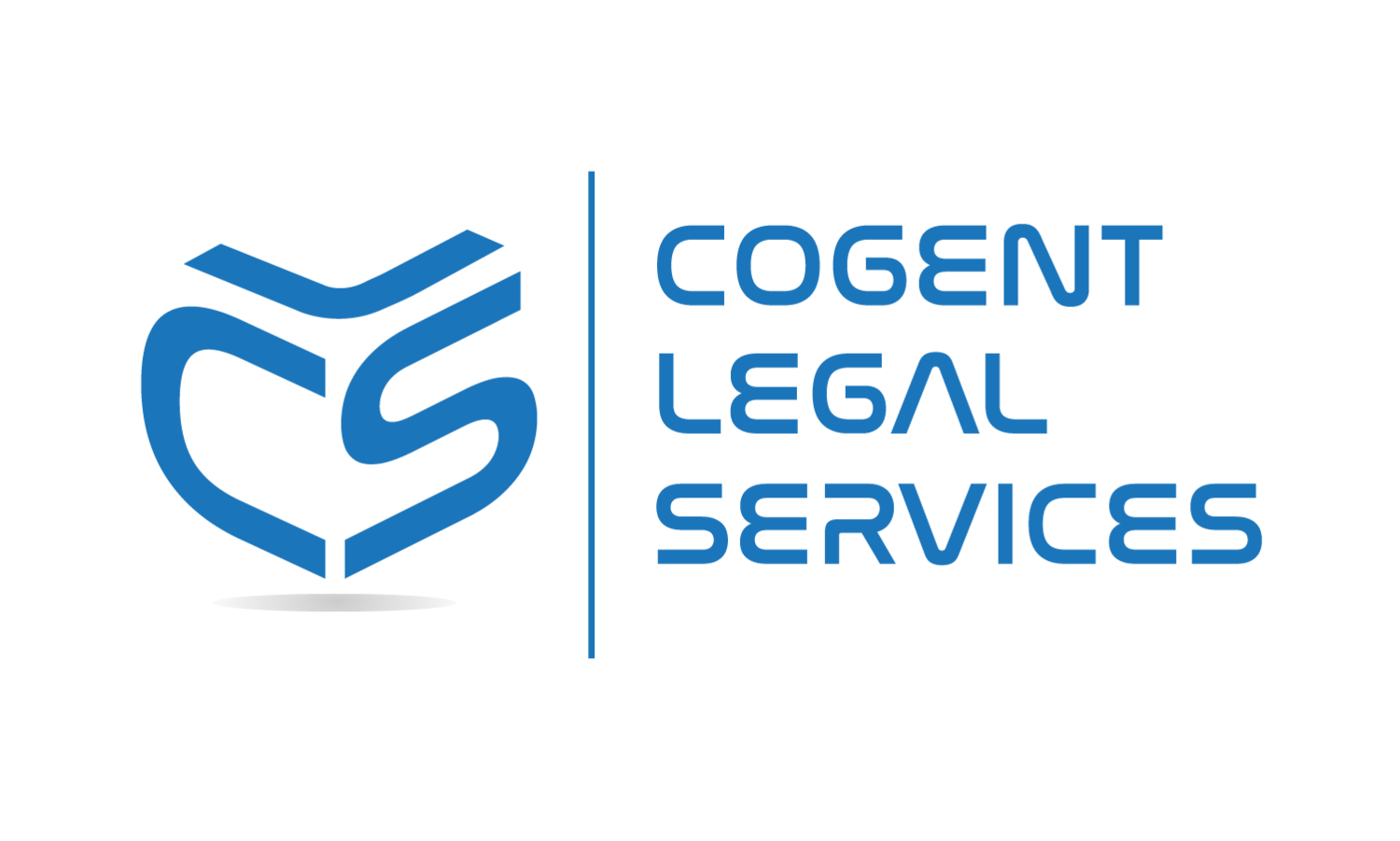Understanding the Differences Between Legal Transcription and Court Reporting
Transcripts of legal procedures, such as court trials, depositions, and hearings, are crucial in the legal process. Legal transcribers and court reporters play distinct roles in providing these transcripts. Understanding the key differences between legal transcription and court reporting is essential to ensure the right service for a client's needs. This article will explore what legal transcription and court reporting entail and highlight their contrasting aspects.
What is Legal Transcription?
Legal transcription involves converting audio or video recordings of legal proceedings into written transcripts. A legal transcriber listens to or watches the recordings and translates the spoken words into a readable format. This service covers a wide range of legal procedures, including depositions, court hearings, trials, interrogations, legal correspondence, and client interactions.
What is Court Reporting?
Court reporting entails creating a verbatim record of spoken words during legal proceedings. Court reporters document live testimonies given in court, including trials, depositions, and hearings. They capture real-time testimony and produce official certified transcripts based on their recordings.
Key Differences Between Legal Transcription and Court Reporting
Differences in the Materials They Record:
Court reporters focus on transcribing statements spoken during a court proceeding in real-time. They capture information presented during the actual event. In contrast, legal transcribers work with recorded materials, reviewing audio or video recordings and transcribing them into written transcripts.
Differences in Training:
Both legal transcribers and court reporters undergo extensive training. Legal transcribers typically receive one to two years of training in transcribing techniques, legal procedures, terminologies, and legal research. Court reporters complete formal training programs lasting two to four years. They learn legal procedures, terminologies, and gain proficiency in using their equipment for verbatim transcription.
Differences in Employers and Work Settings:
Legal transcribers are commonly employed by law offices and work with recorded audio and video materials. They often have the flexibility to work remotely or from home. On the other hand, court reporters are generally hired by courts and are traditionally required to be present during proceedings. However, remote work settings have become more prevalent in recent times, allowing court reporters to work from home or remotely for certain legal events.
Conclusion:
Legal transcription and court reporting serve distinct purposes in the legal field. Legal transcribers focus on creating written transcripts from recorded materials, while court reporters produce verbatim records of live testimonies during legal proceedings. Understanding the differences between these two professions is crucial for clients seeking accurate transcripts. At Cogent Legal Services, we offer high-quality legal transcription and court reporting services, providing clients with reliable and precise transcripts. Our dedicated professionals are committed to upholding the integrity of our clients' legal proceedings.

